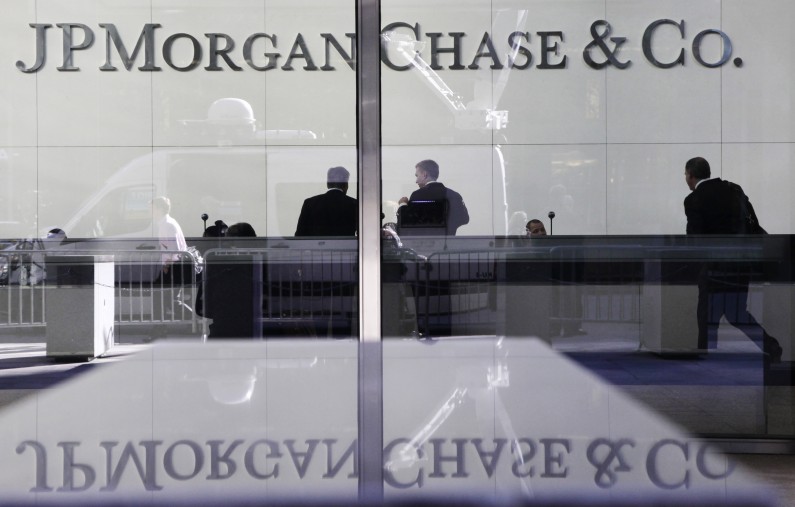
GENEVA (AP) — Switzerland’s competition regulator on Monday named eight global banks it is investigating for possible manipulation of foreign exchange rates.
The move is the latest twist in an investigation by regulators in the U.S., Europe and Asia on whether major banks colluded to manipulate the trillion-dollar foreign exchange market.
The Swiss Competition Commission for the first time named the banks it was scrutinizing. It cited the two largest Swiss banks, UBS and Credit Suisse, along with Zurich Cantonal Bank, Julius Baer and JP Morgan Chase, Citigroup, Barclays Bank and Royal Bank of Scotland Group.
“There are indications that competition agreements for the manipulation of exchange rates have been made in Forex trading between banks,” the commission known as WEKO said in a statement.
The alleged coordination, it said, might include the exchange of confidential information, transactions with other market participants at agreed price levels and coordinated actions to influence a foreign exchange benchmark.
“Based on the information currently available to the competition commission, authorities believe that the most important currencies are affected,” WEKO said, adding that it “cannot exclude” other banks and brokers also may have been involved.
Credit Suisse said it was “astonished’ by the allegations, and noted it was not subject to WEKO’s preliminary investigation into various banks.
“The press release contains incorrect references to Credit Suisse AG and these allegations are both inappropriate and harmful to our reputation,” the Zurich-based bank said of the commission’s statement. But it said the bank will cooperate fully with the authorities in this matter.
Since regulators in other European countries, the U.S. and Singapore started investigating possible foreign exchange manipulation, major firms like Citigroup and Barclays have suspended traders.
The scandal threatens to become even more serious than the one surrounding the rigging of the London interbank offered rate, or Libor, a key rate underpinning transactions the world over, which resulted in billions in fines for the banks implicated.
Experts say that because the forex probe goes to the integrity of the markets, rather than just a single rate, it could have greater repercussions.

